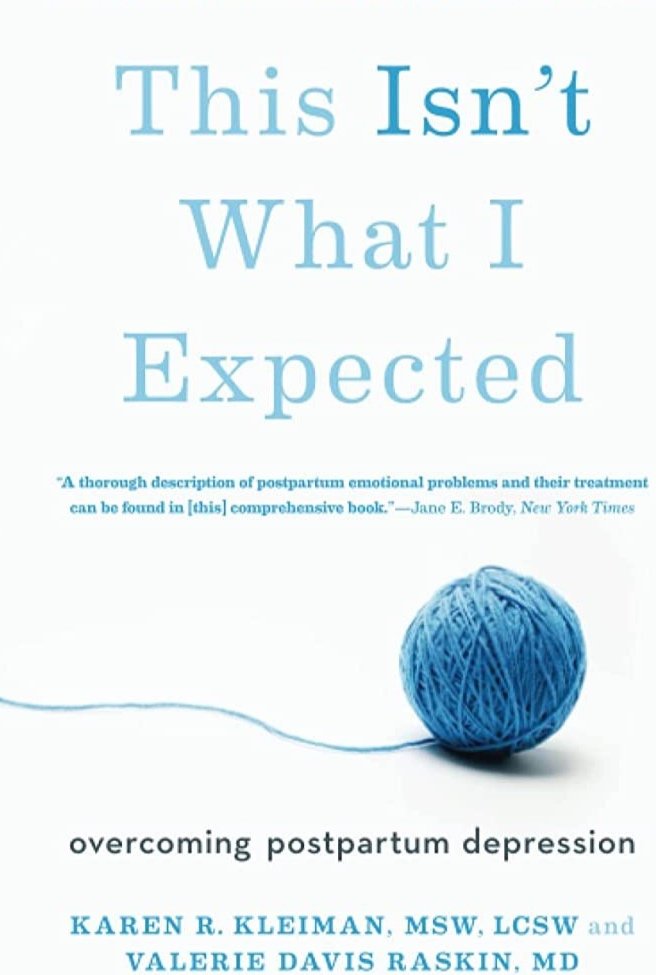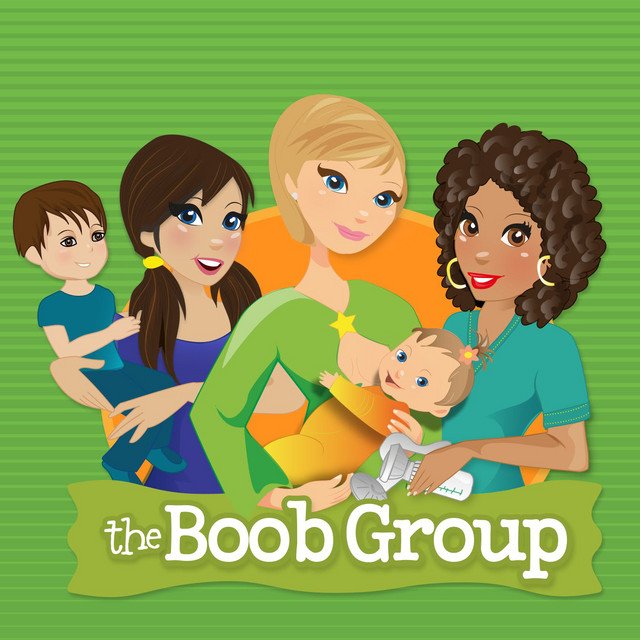The Postpartum Stage
Congratulations, your baby has arrived!
After months of anticipation and preparation, hours of labor, and a lot of hard work, your baby is finally here! Nothing compares to the feeling of holding your baby in your arms for the first time. The hour after birth is known as the Golden Hour. This is a period where, unless there is a medical emergency, mom and baby are able to bond skin-to-skin with any non-urgent procedures done on mom. Delayed cord clamping, initiating breastfeeding, and bonding are important aspects of this time. Skin-to-skin, or Kangaroo Care, has been found to have multiple benefits. It stimulates the uterus to contract to reduce bleeding. Hormones that stimulate lactation and bonding are released. Your baby’s temperature, heart rate, respirations, and blood pressure are more easily regulated while skin-to-skin.
Directly after birth, there are a couple of things that you can expect to take place. Your placenta usually will deliver within 30 minutes of the baby being born. The standard procedure in many births has been to immediately clamp and cut the umbilical cord after birth. But research has shown multiple benefits to waiting until the cord has stopped pulsing or the placenta has been delivered before clamping and cutting it. Any tears to the perineum will be repaired and hemorrhage will be managed during this time. Shaking immediately after birth is a common occurrence. Contractions continue as the placenta detaches and the uterus clamps down to curb the bleeding. You will be encouraged to urinate and move when you feel ready.
Your body has gone through a major physical change in the last 9 months. Recovery will vary from person to person but typically takes 6 weeks or longer to feel like yourself again. Your uterus will shrink back to its pre-pregnancy size, known as involution. Your cervix will also return to its pre-pregnancy size and your vagina will regain its former tone. Your perineum will be swollen and bruised and may have stitches. Ice can be applied to help with the swelling. Check out our DIY Padsicles recipe for an easy healing remedy for your perineum. It will typically heal within 4-6 weeks. It is recommended to avoid sexual intercourse until you are cleared by your healthcare provider (usually no sooner than 6 weeks postpartum). You might have hemorrhoids which will usually disappear within a month after birth. Give yourself grace during this recovery time.
What to consider during this stage:
-
Except for several rare occasions, breastfeeding is recommended due to its many health benefits to babies, including protection against many infections. It also initiates bonding between mom and baby. Here are several things to consider as you embark on your breastfeeding journey:
Breastfeeding Basics
Your baby’s stomach is very small when born and grows over the next several weeks. Mom produces several varieties of milk specific to the baby including colostrum, transitional milk, and mature milk. Your body produces hormones that stimulate milk production and milk flow, prolactin, and oxytocin. Feeding your baby often by paying attention to his hunger cues will build your milk supply. Some common hunger cues are rooting, sucking their hands, smacking their lips, or crying (a late hunger cue).
Breastfeeding Positions
There are many positions that you can try to make your breastfeeding journey more comfortable. Some popular positions are the Cradle Hold where you cradle your baby’s head in your arm and bring him to your breast, the Cross-Cradle Hold which is when you use your opposite arm to bring your baby to your breast, the Football Hold which involves tucking your baby to your body while supporting him with your arm along the base of his neck, and lying down in a side-lying position with your bottom arm tucked around your baby facing your lower breast. There are many other positions that you can try to get the most optimal latch. Feel free to try many different positions to find what works best for you and your baby.
Breastfeeding Challenges
It is easy to get discouraged while breastfeeding, especially in the first few weeks. There are several issues that can make you feel defeated. Some of these issues require professional help but it is my hope that you are able to work through these challenges to have a satisfying breastfeeding experience for you and your baby. Nipple soreness is quite common, especially during the first few weeks of breastfeeding. If you are feeling extreme pain or discomfort, consulting with a lactation consultant can be a huge help. Engorgement is when your breast tissue swells and can occur days after birth. Nurse as much as you can and pump to help relieve pressure. This is usually temporary! Mastitis is inflammation of the breast tissue. It is usually caused by an infection or can be caused by a clogged duct. Call your healthcare provider for the best treatment options. Thrush is a yeast infection that transfers between the breast and the baby’s mouth, and it can be very hard to get rid of. Seek help from a health care professional to help eliminate thrush completely.
-
Postpartum brings with it a lot of emotional and hormonal changes. It is normal to feel fluctuating emotions during the first weeks after giving birth. These emotions are known as “baby blues” and can include crying, irritability, anxiety, and overall moodiness. These emotions usually start a few days after birth and gradually go away in the next few weeks. Many women work through baby blues in varying ways. It’s important to have a solid support system as you navigate these emotions.
Postpartum Mood Disorders (PPMDs) include Postpartum depression, anxiety, and psychosis and affect 1 out of 10 women. Symptoms are more severe than the baby blues and do not get better with time. Some symptoms are extreme anxiety and obsessive behaviors, prolonged feelings of sadness and anger, overwhelming fatigue, sleep problems, and lack of interest in your baby. It’s important to have a solid support system as you navigate these emotions, whether it’s a parent, a family member, or a close friend.
While Baby Blues and Postpartum depression are typically thought of as the mom’s problem, many partners can experience symptoms as well. It is important to be supportive of each other as you both are learning to be new parents. Lack of sleep can compound emotions. Getting adequate support goes a long way toward having a smooth transition to becoming a new family. Consider hiring a postpartum doula to assist you with many aspects of newborn care.
-
Common Newborn Procedures
After your baby has arrived, several common procedures take place while you’re still at the hospital. Immediately following birth common procedures are eye ointment, Vitamin K, and a newborn exam. Evidence-Based Birth is an excellent resource when deciding what, if any newborn procedures you would like your baby to have. In the days after birth, you will be offered vaccines, a newborn genetic screening, and a hearing screening. Blood tests and metabolic screening might also be recommended. If your baby is a boy, you will need to decide whether to circumcise him or not. It’s important to note that you as the parent are in charge of making decisions for your baby’s wellbeing. Do your research to make sure you can make the best-informed decisions regarding your baby’s care.
Newborn Care
Life outside the womb is a transitional time for your baby. You are both getting to know each other. Ultimately, babies are pretty straightforward. Hold her and interact with her frequently. Make sure she has a clean, dry diaper. Keep her warm with blankets, hats, or skin-to-skin on mom or dad’s chest. Feed her frequently, usually every 1-3 hours. Umbilical cord care, bathing, and diapering are all aspects of newborn care that you will need to learn. Consider taking a comprehensive childbirth education class to help you get prepared for life with your baby.
Now What?
Now that your baby is here the real work begins! You have brought a brand new life into the world. It’s exciting to dream about your baby’s future. If you have a partner, work together and share the responsibilities of your baby’s care. Seek a local community for support during your journey as a parent. There are many resources for new parents to take advantage of. You will make mistakes, but keep moving forward. Gretchen Rubin described parenthood best “The days are long, but the years are short.” Make sure to enjoy the little, everyday moments of life with your family. You’re doing a great job!











